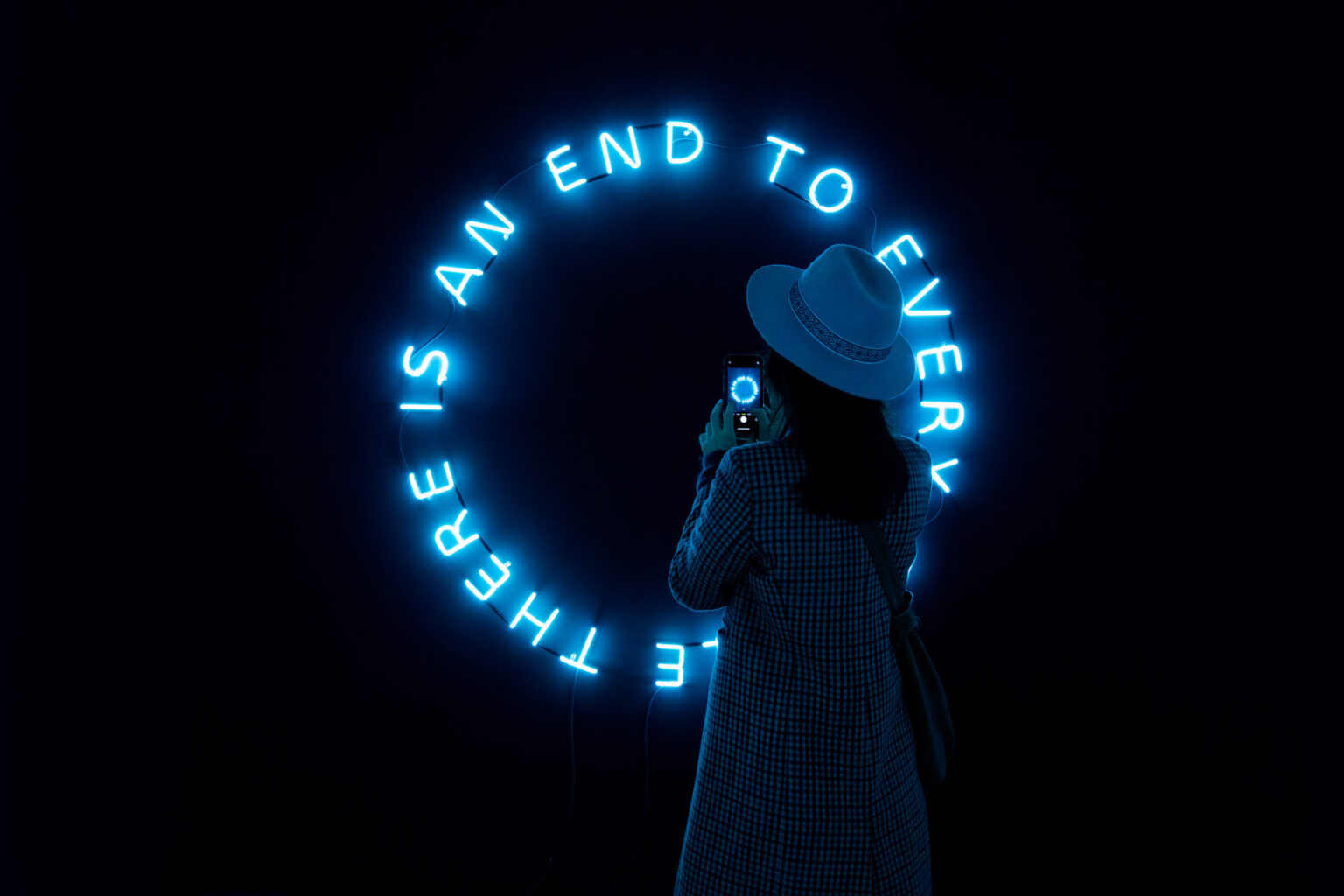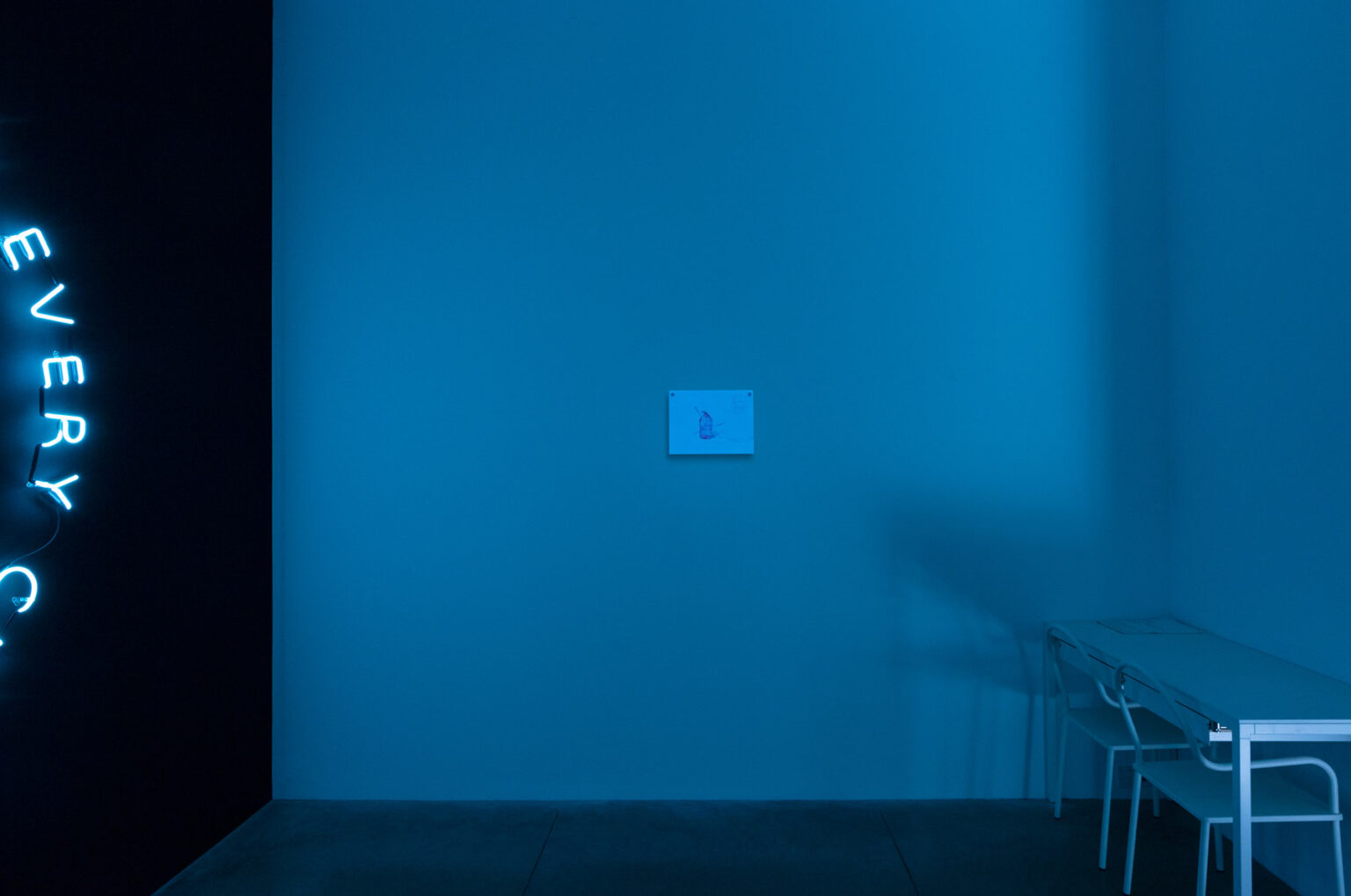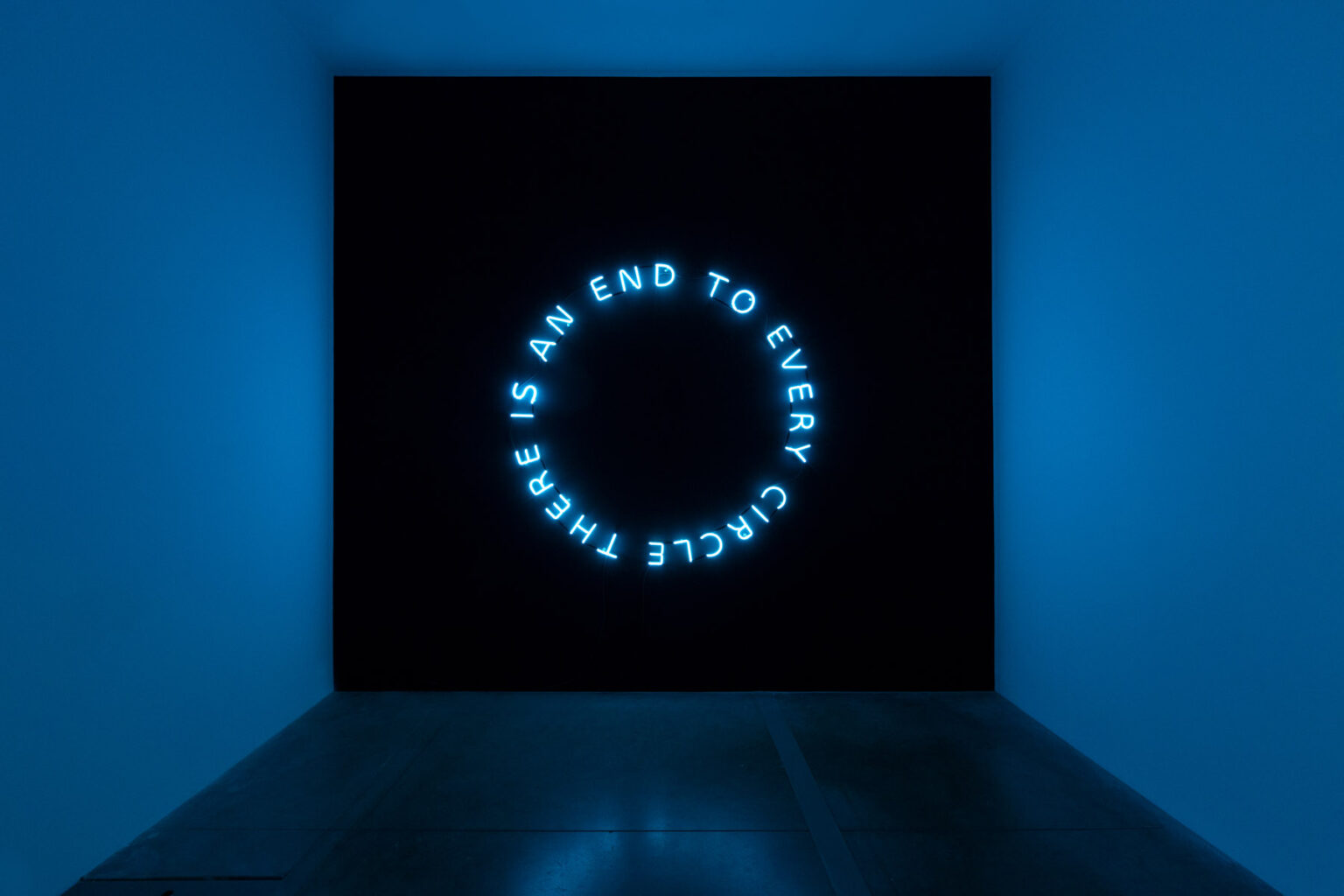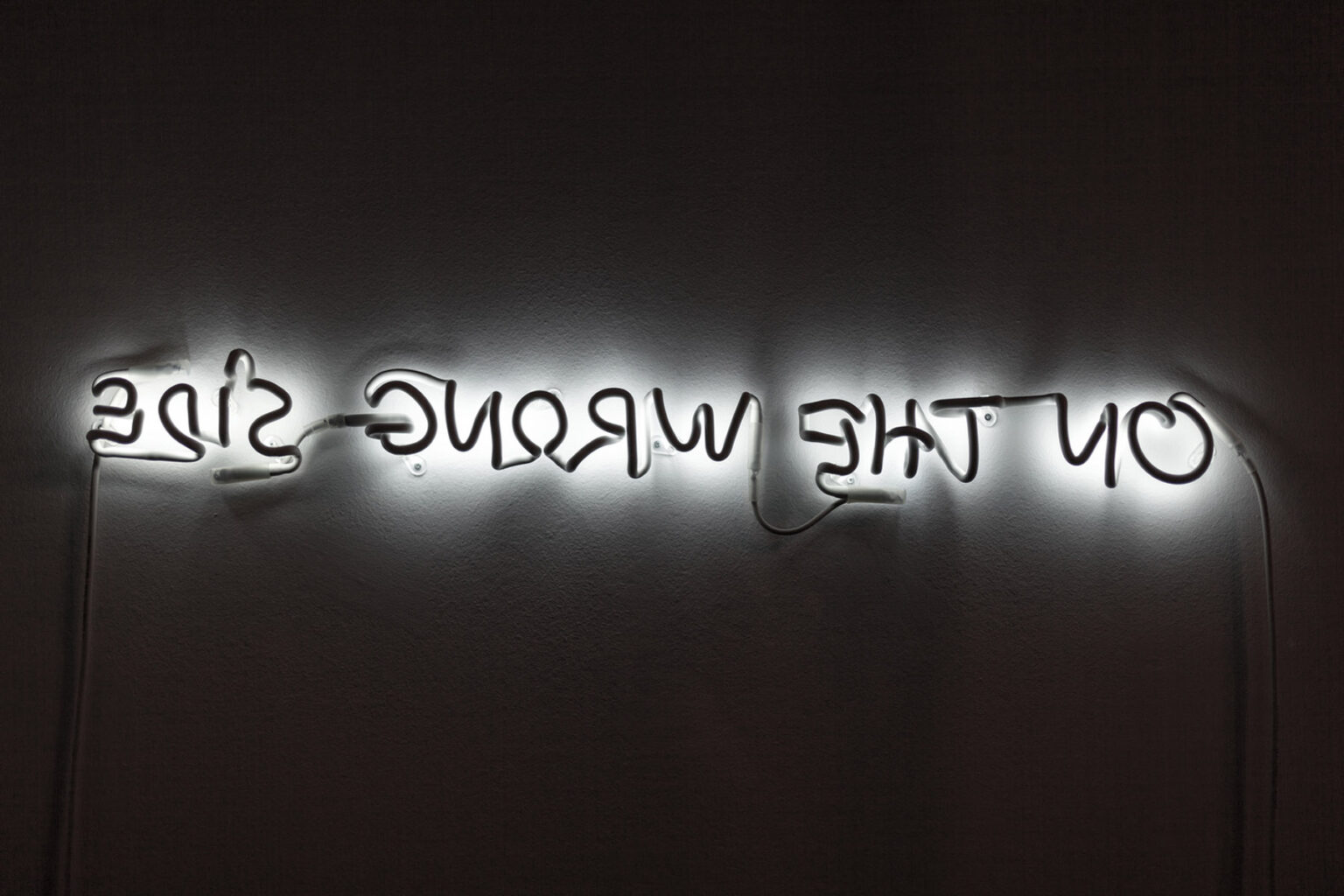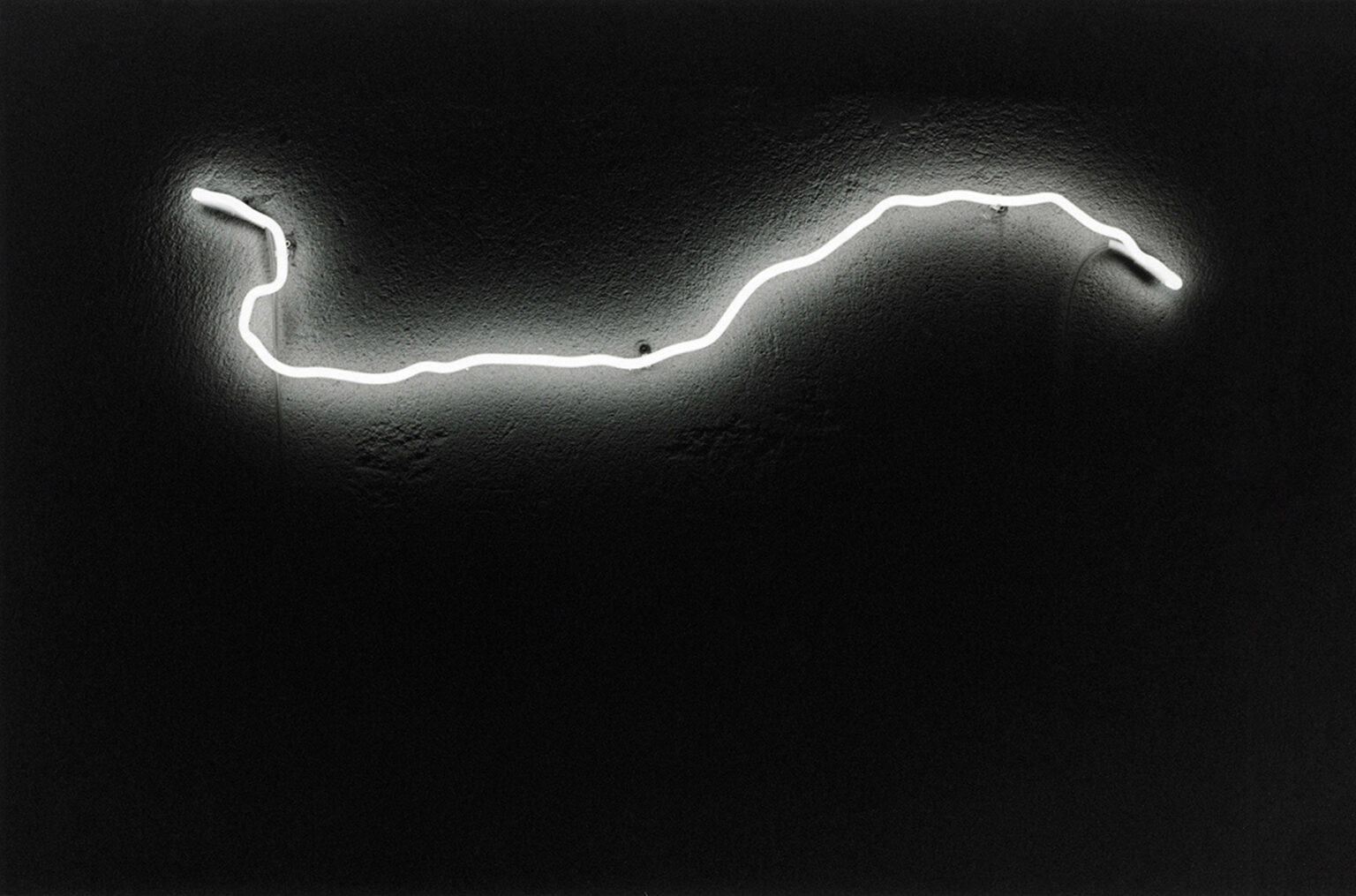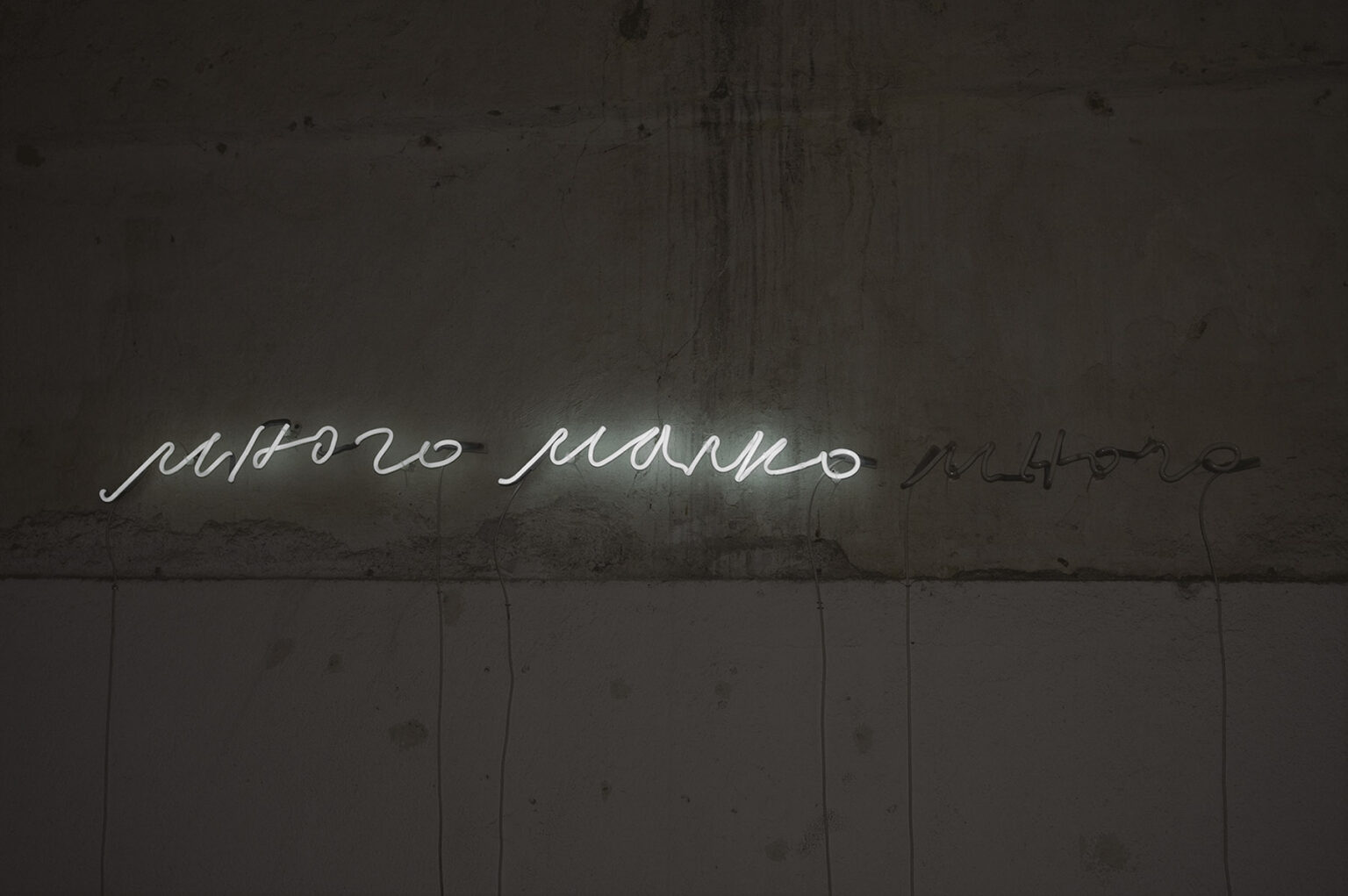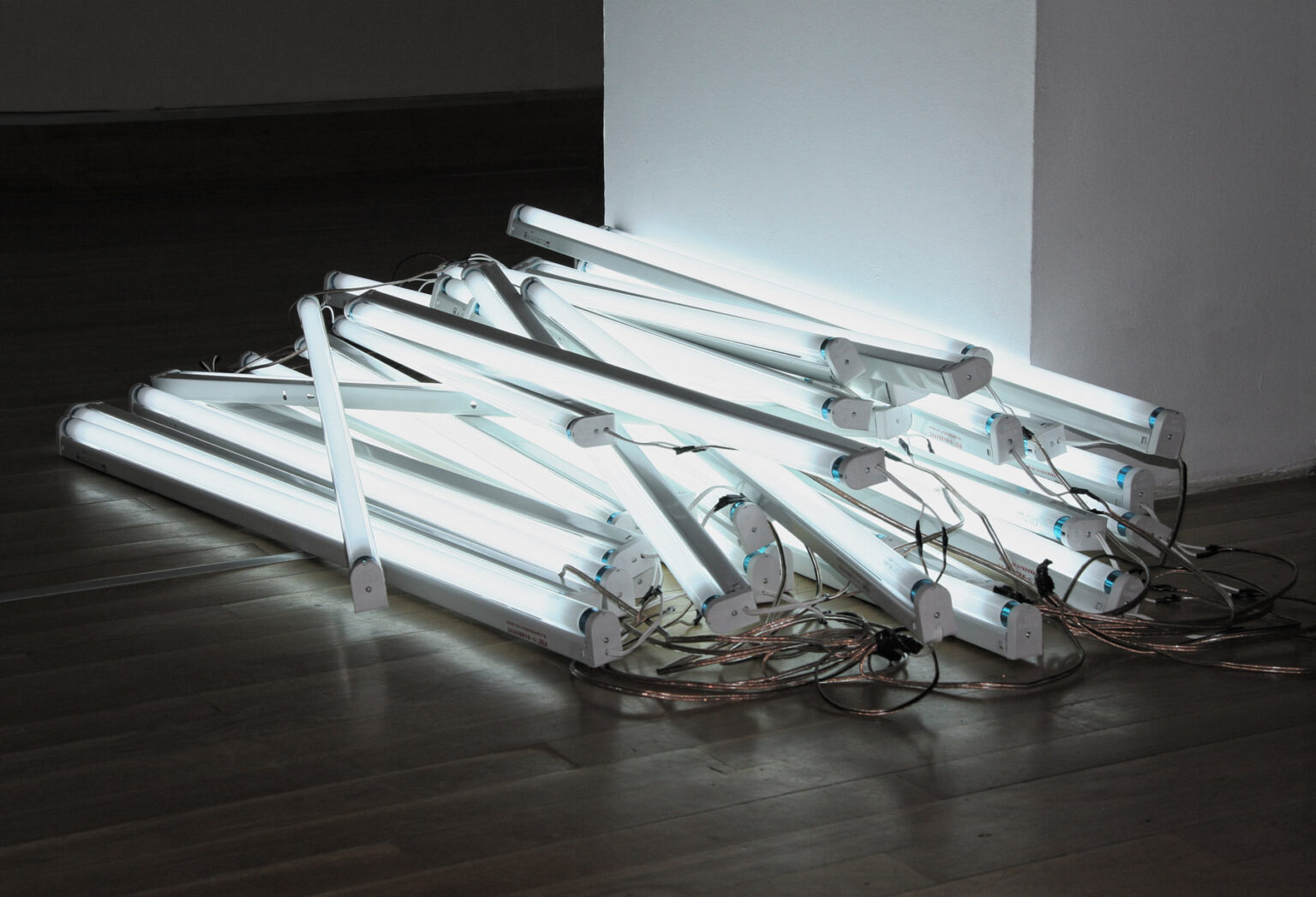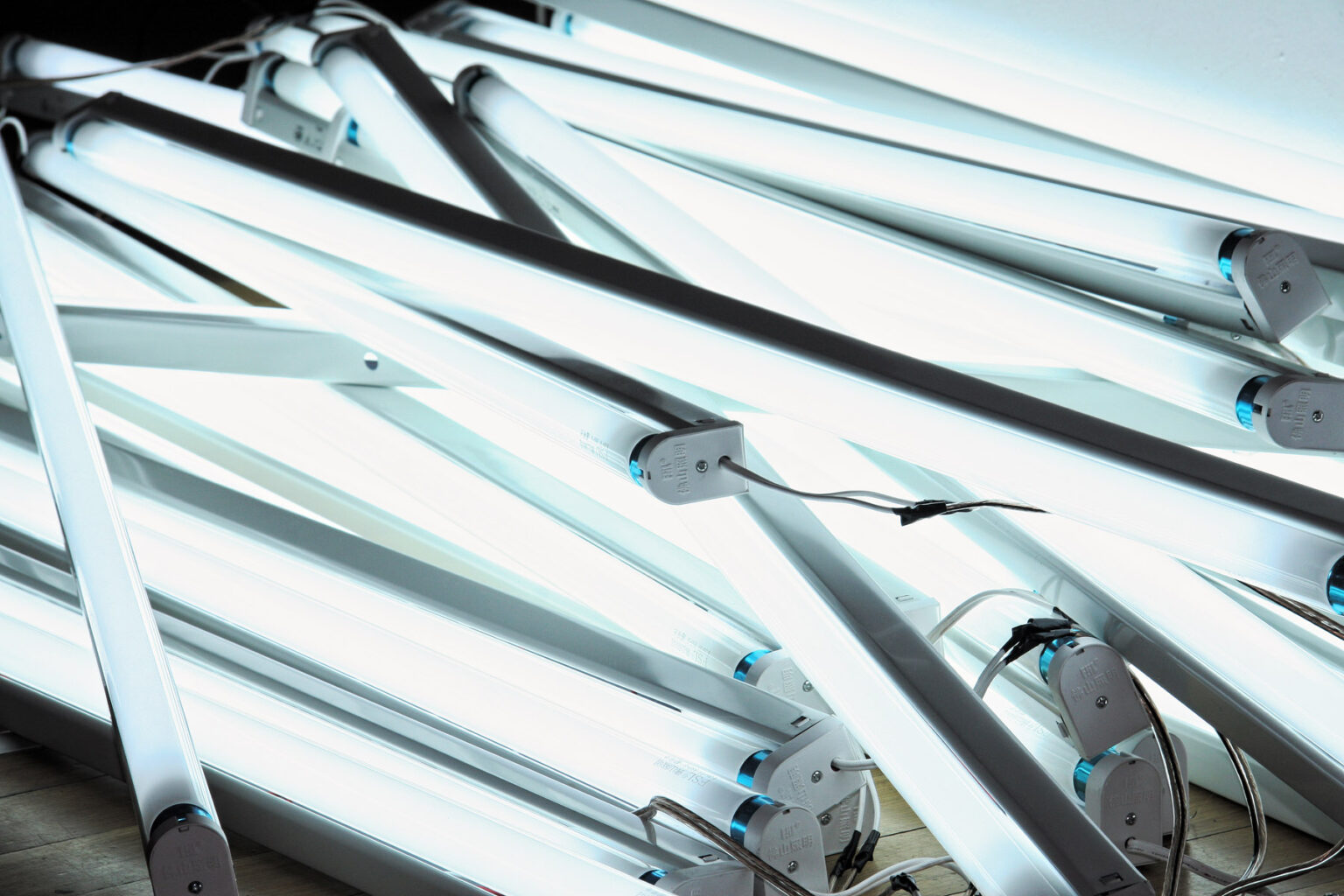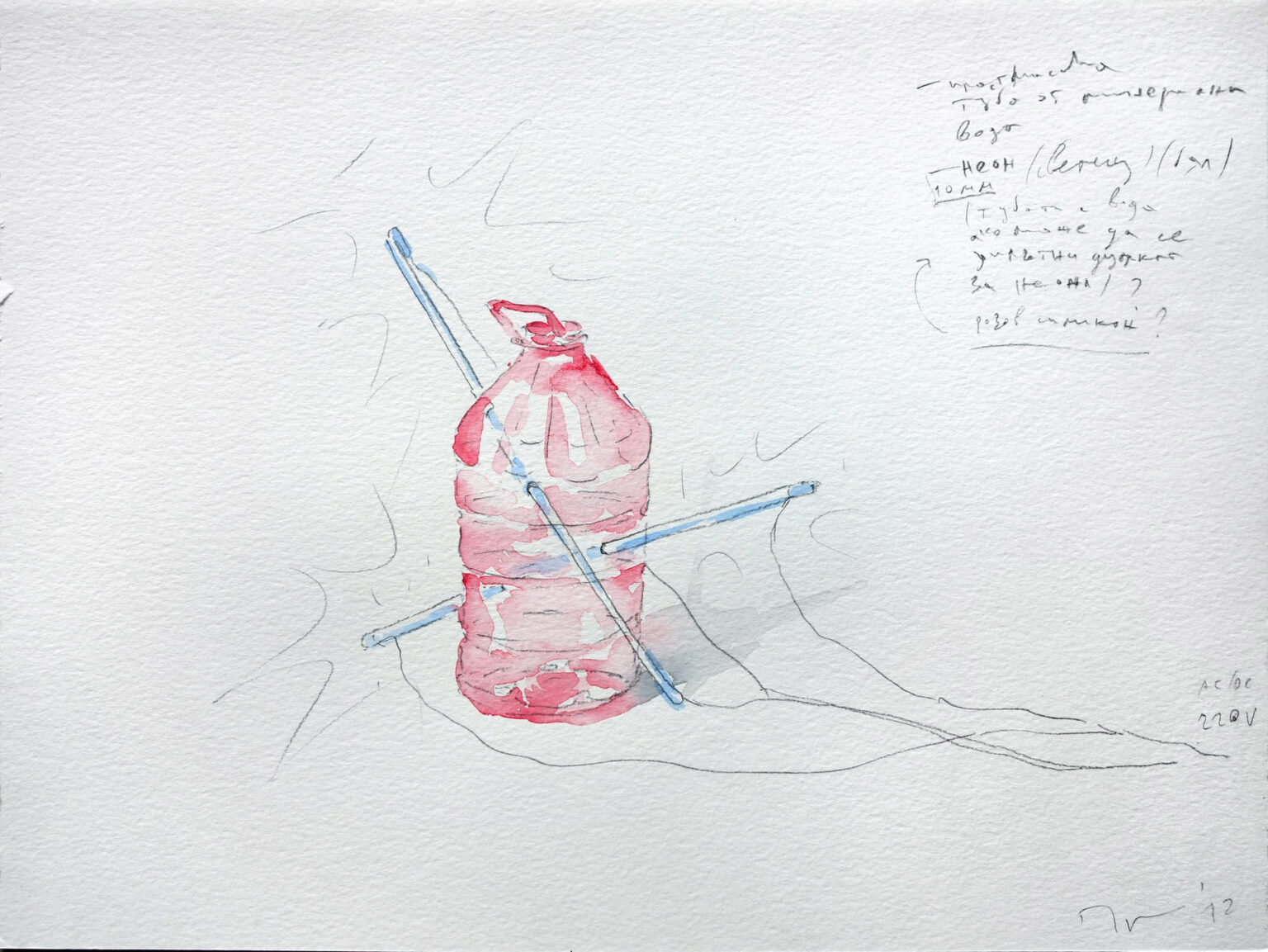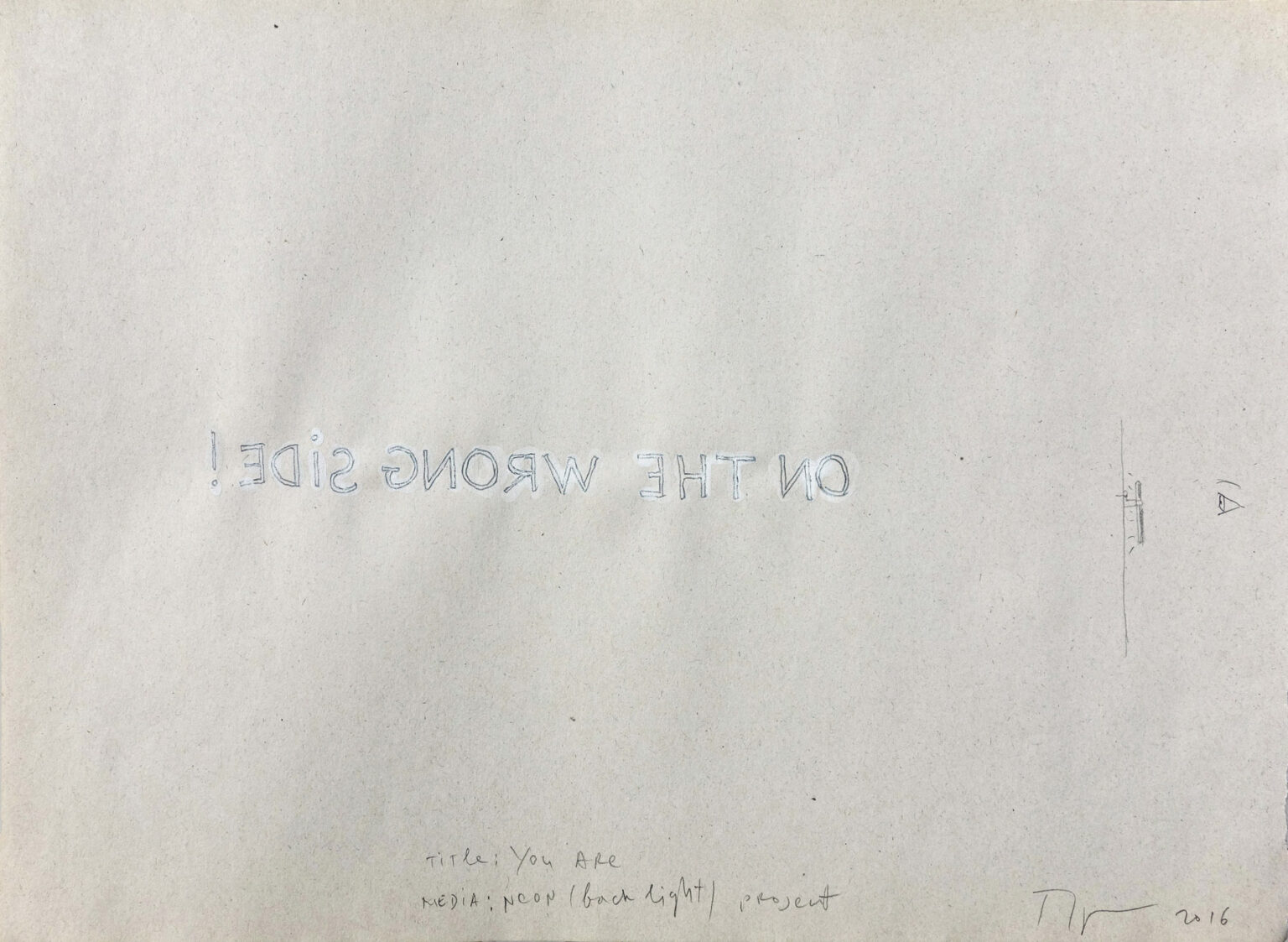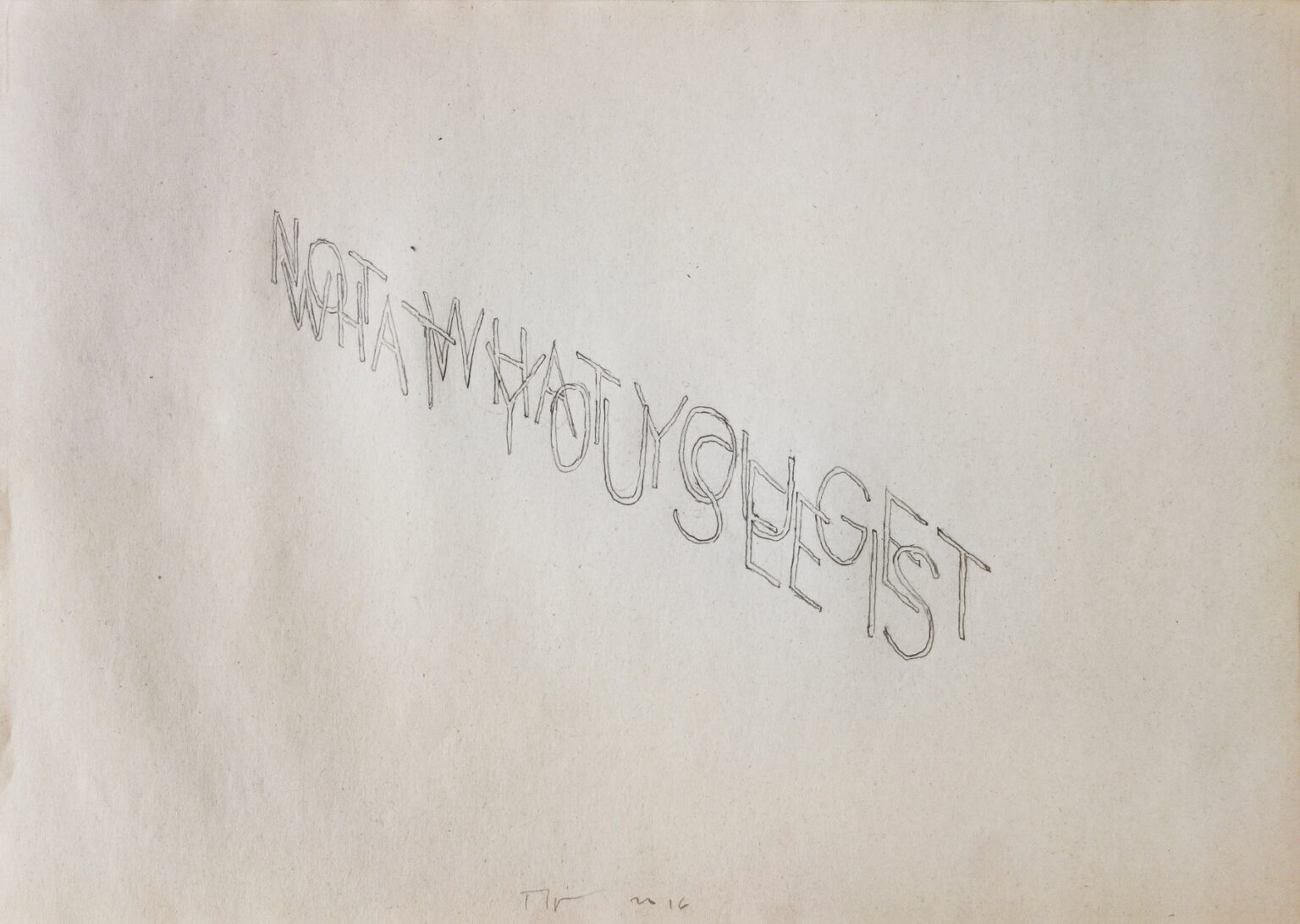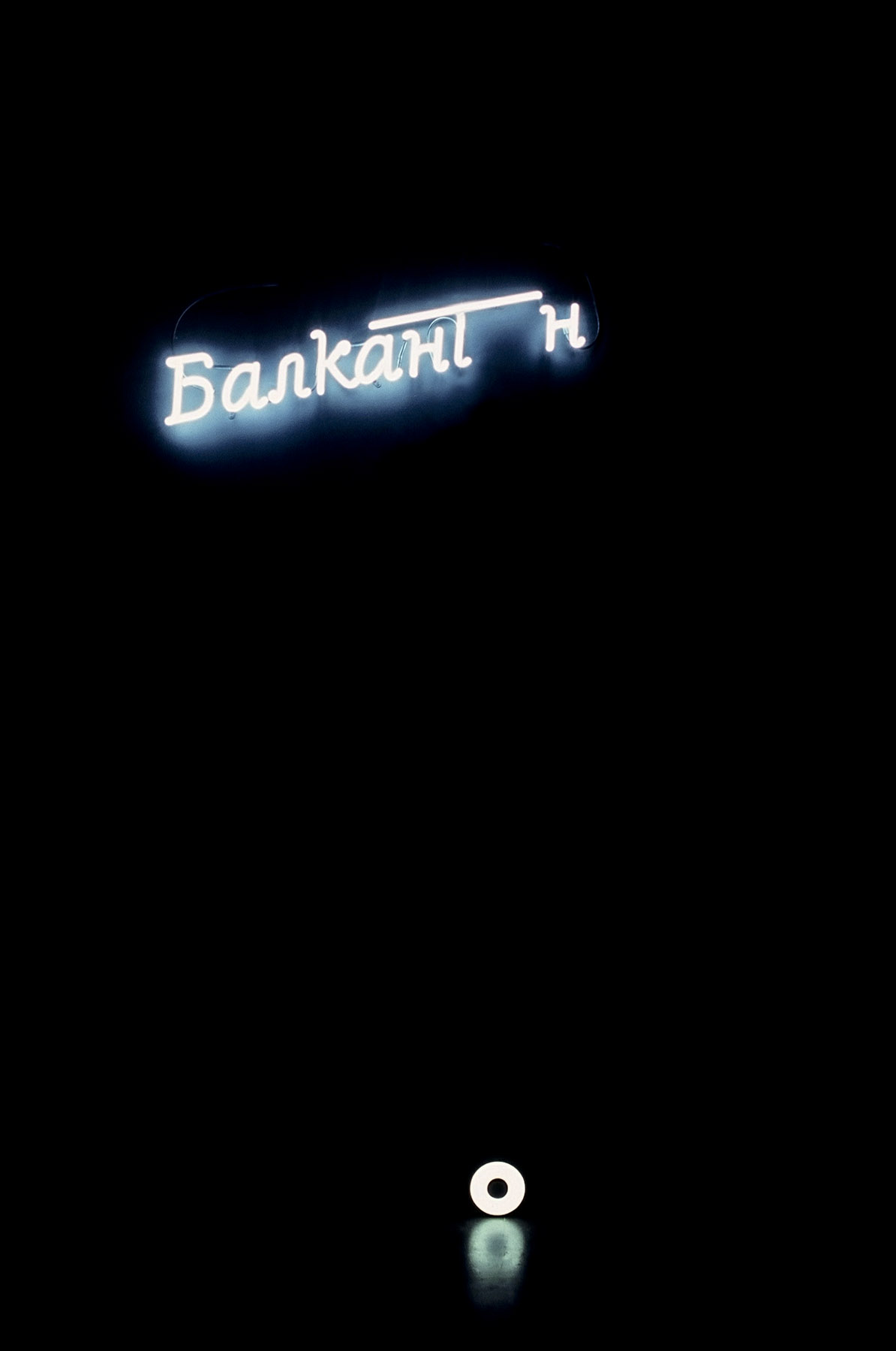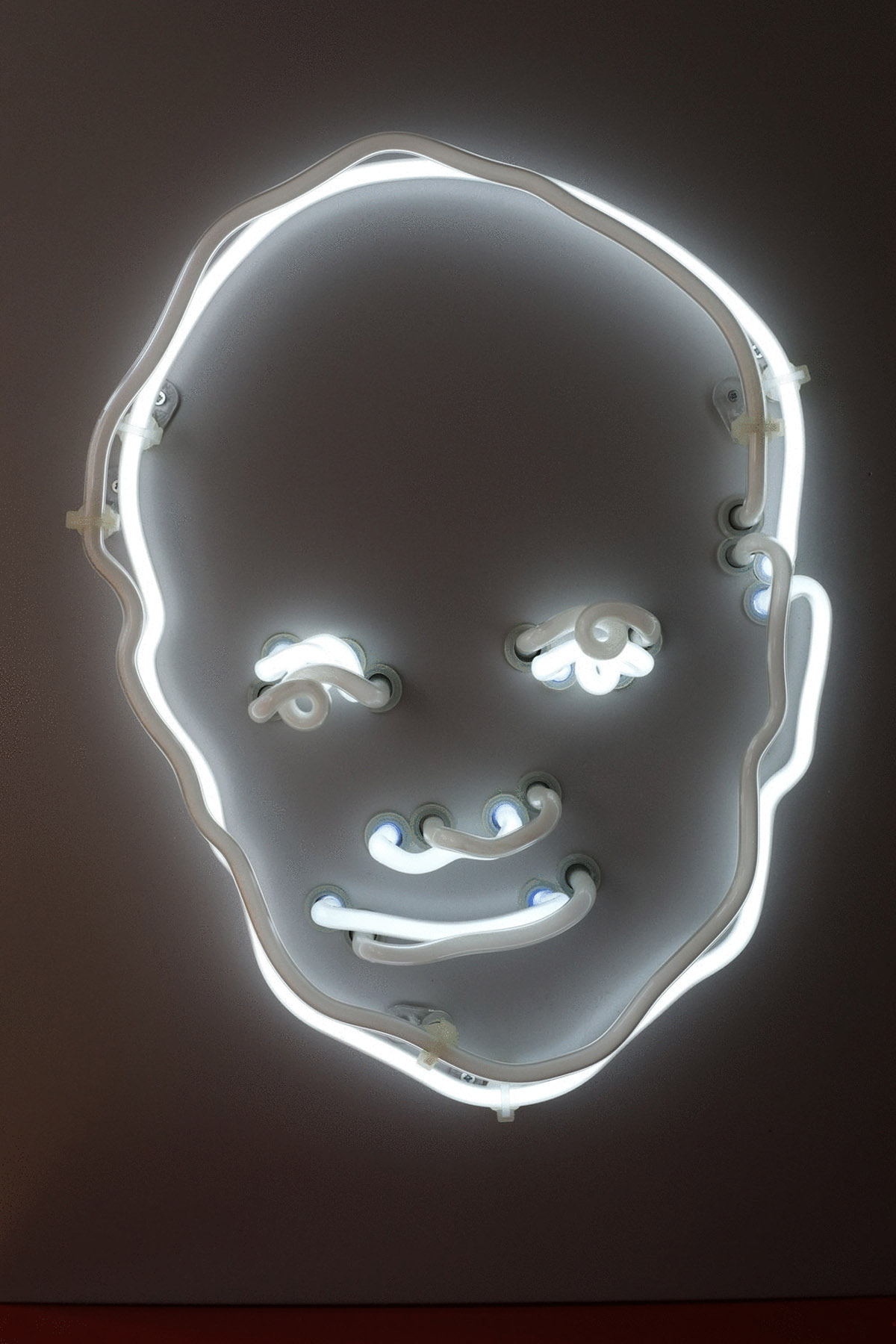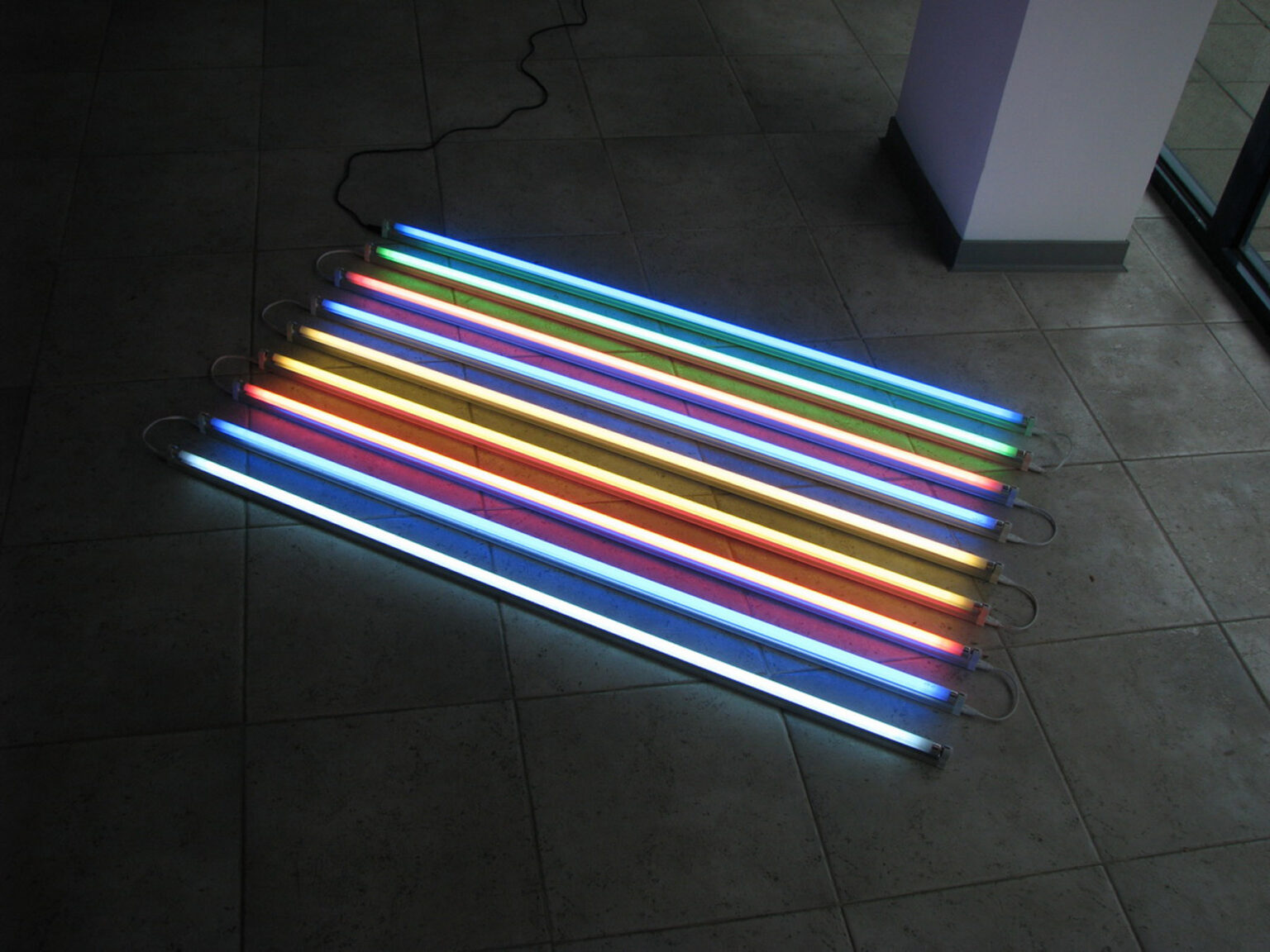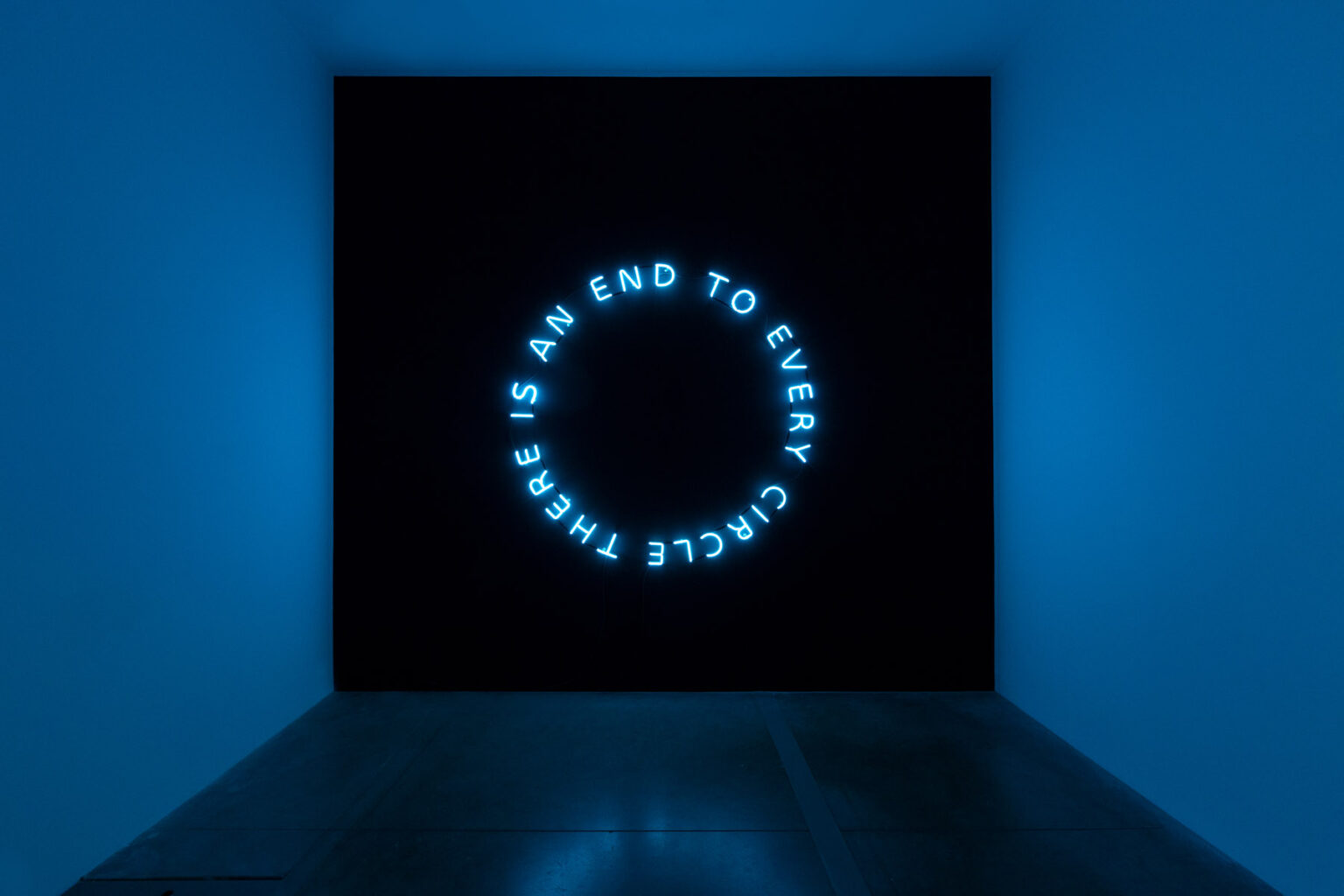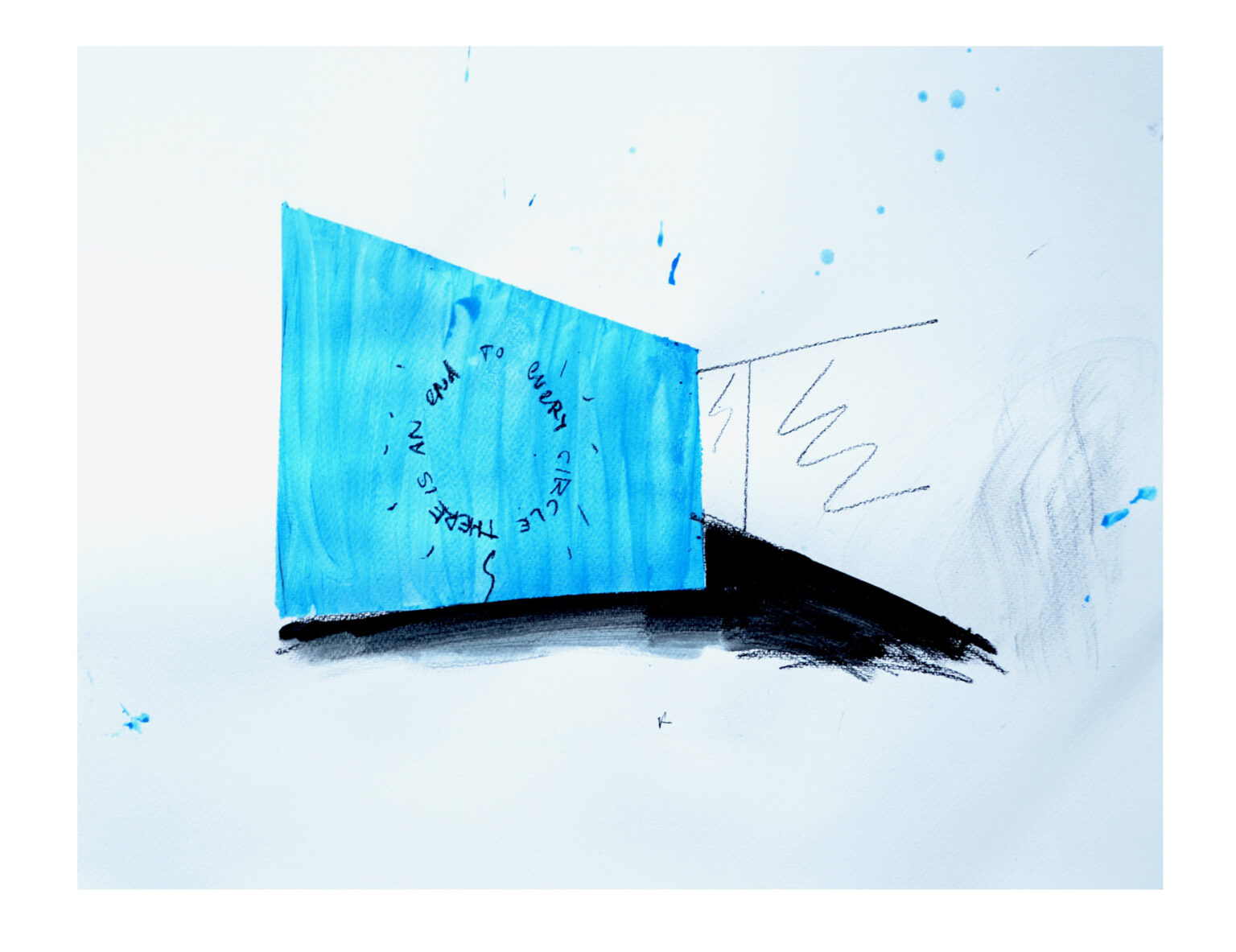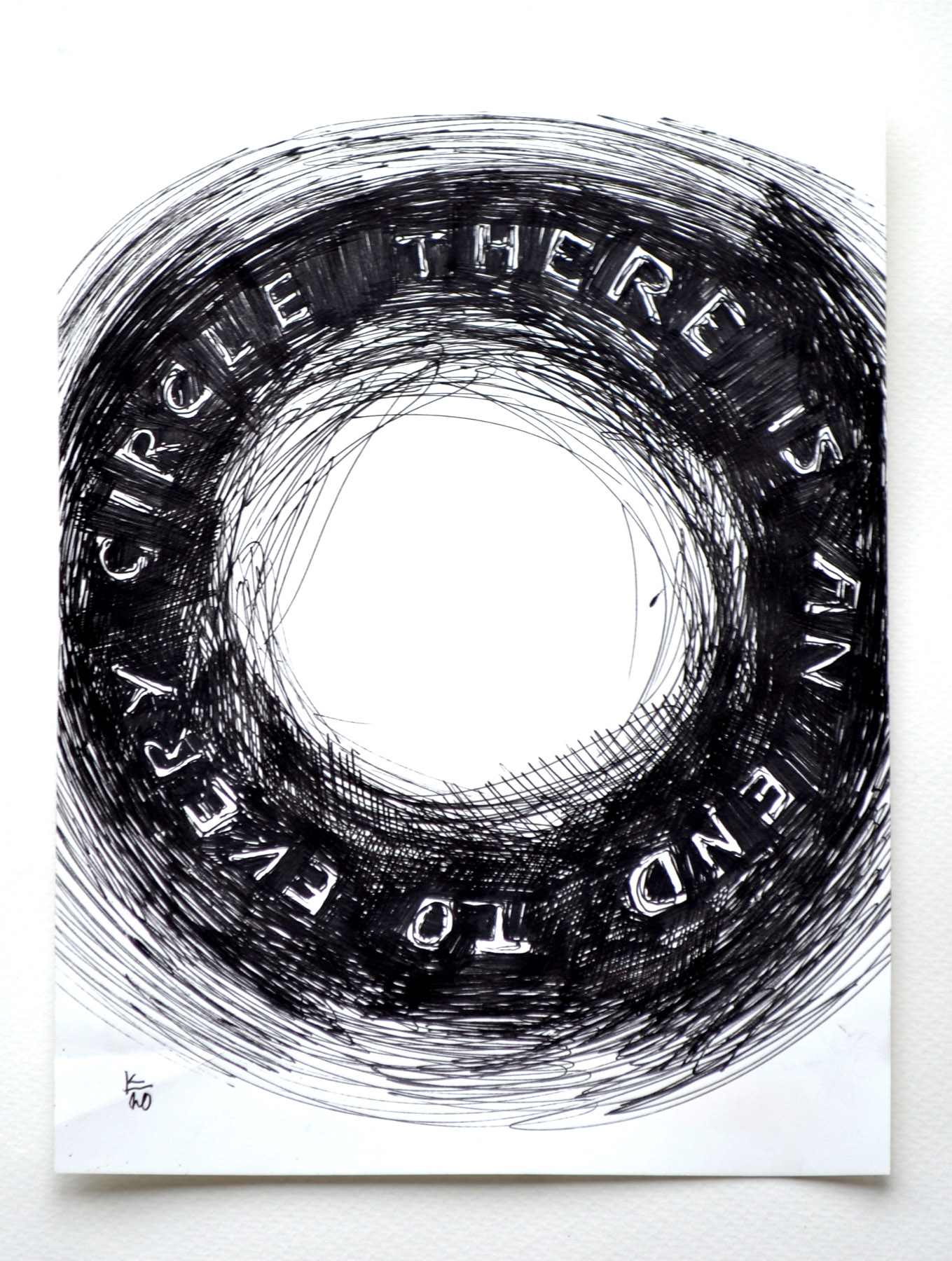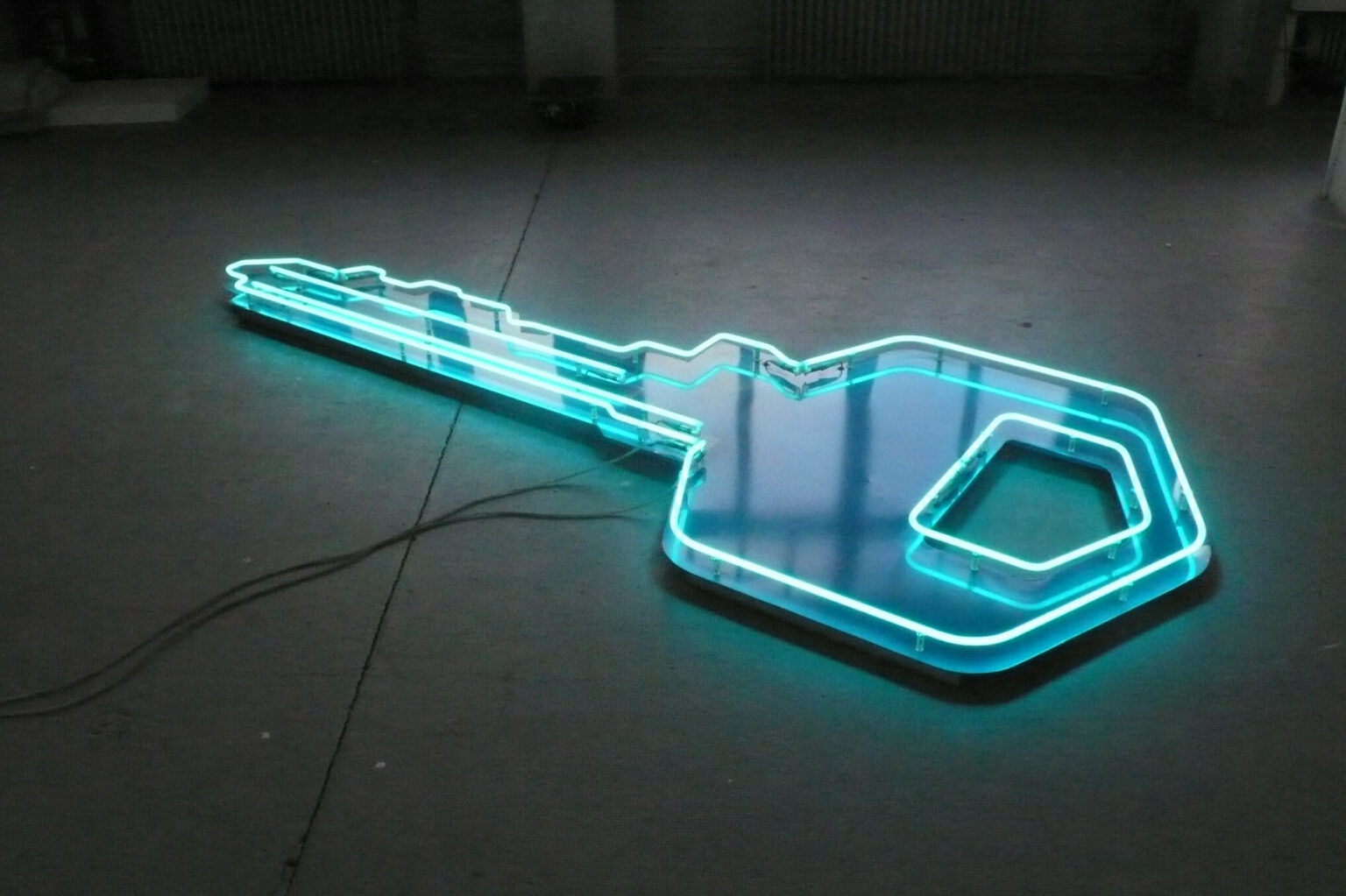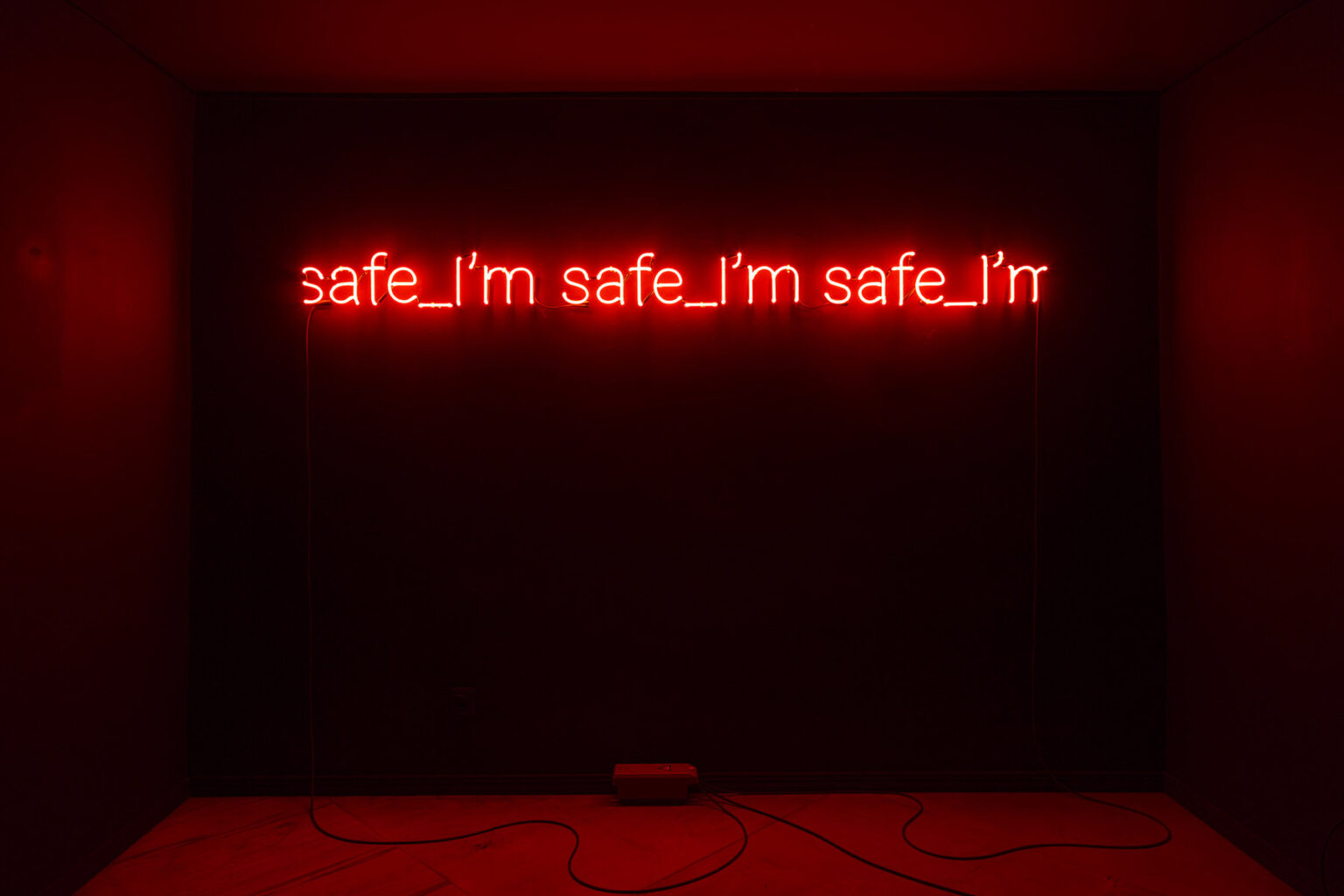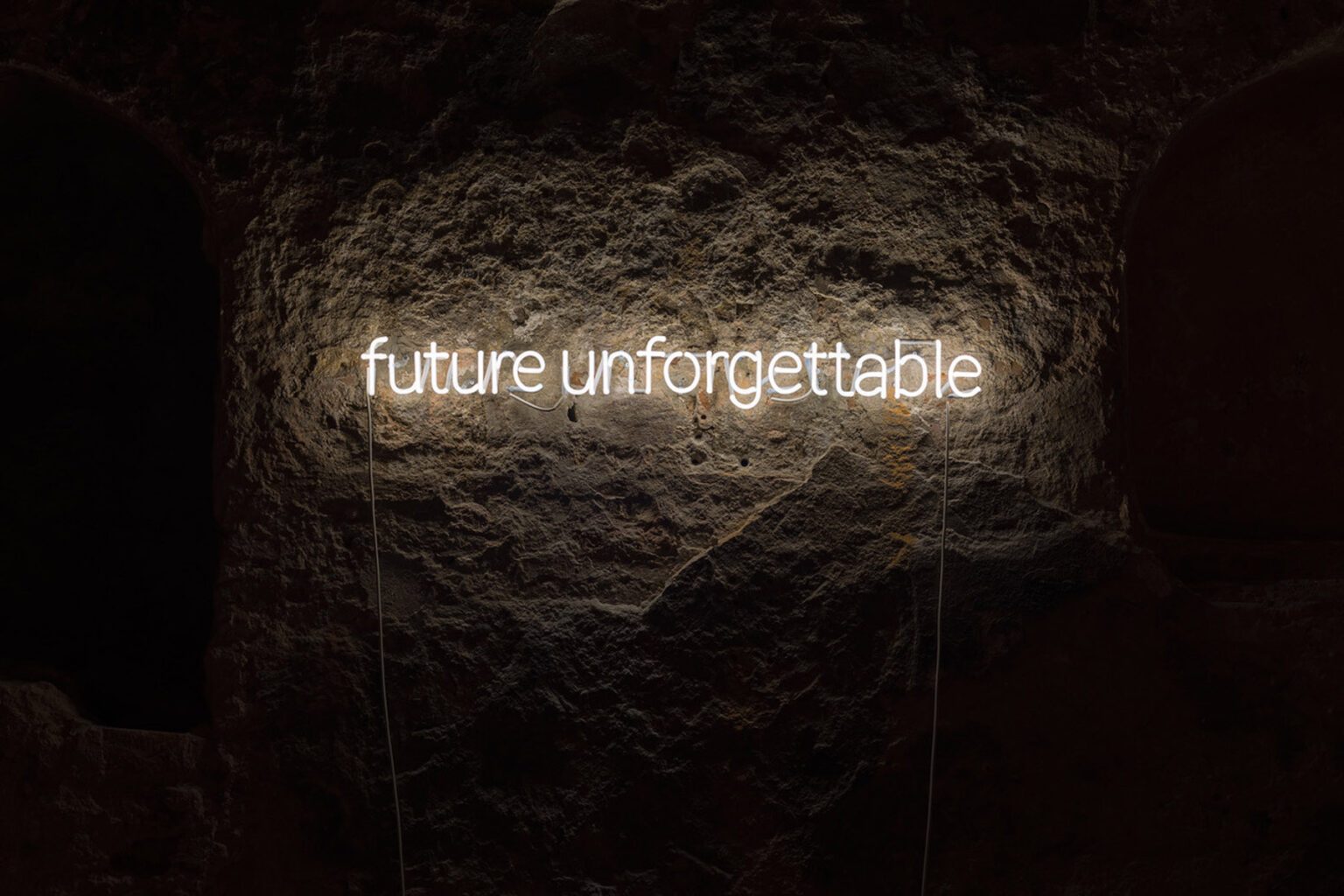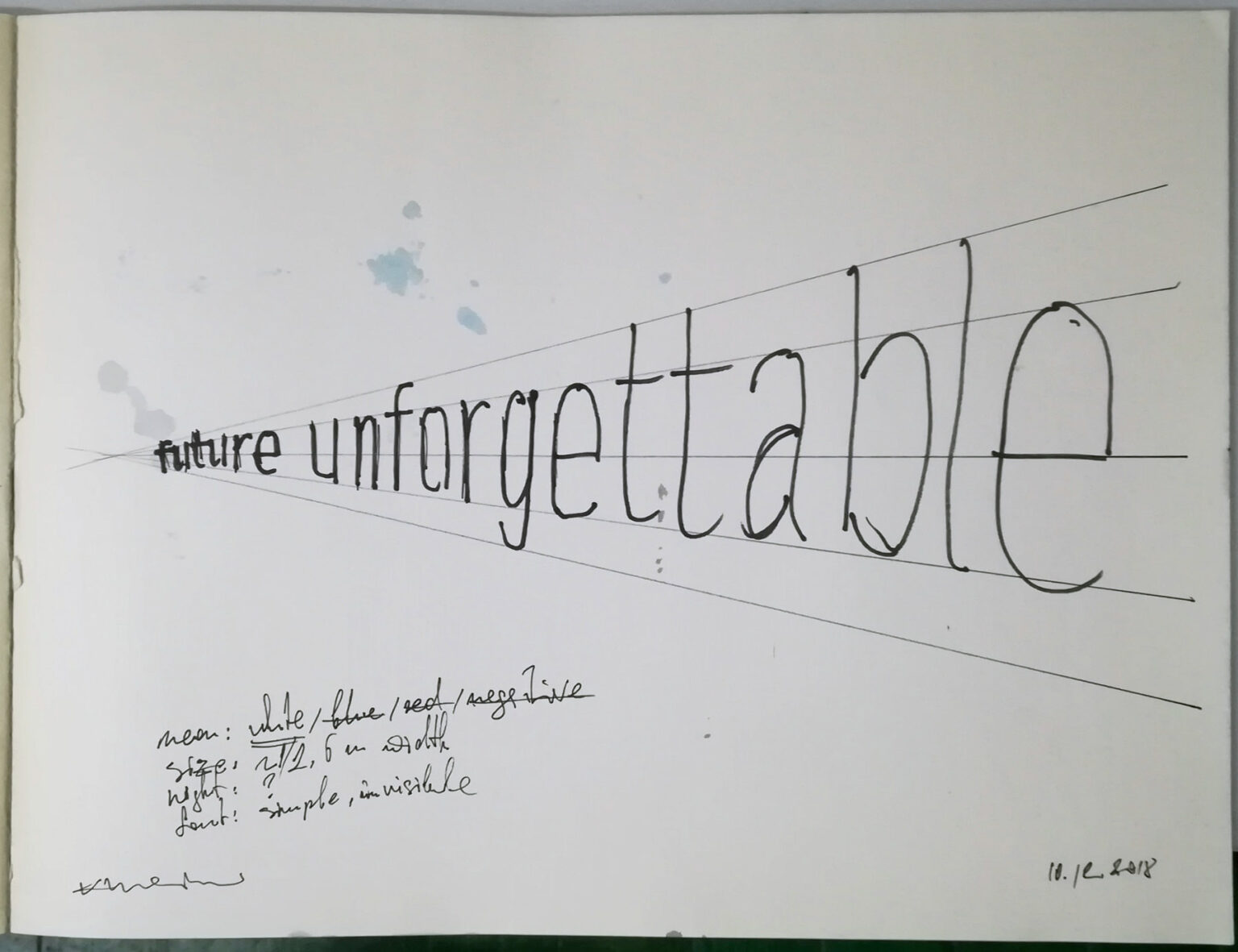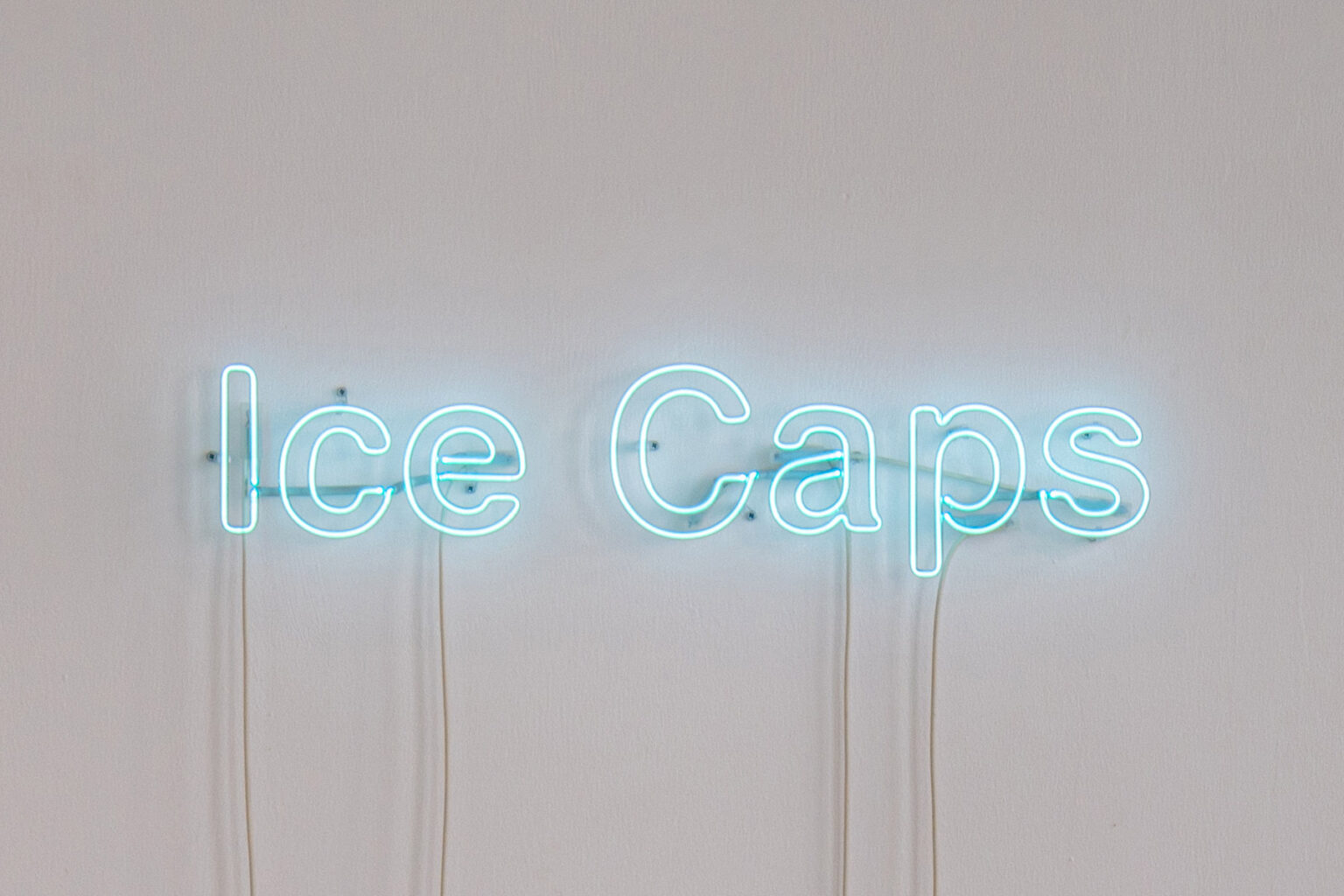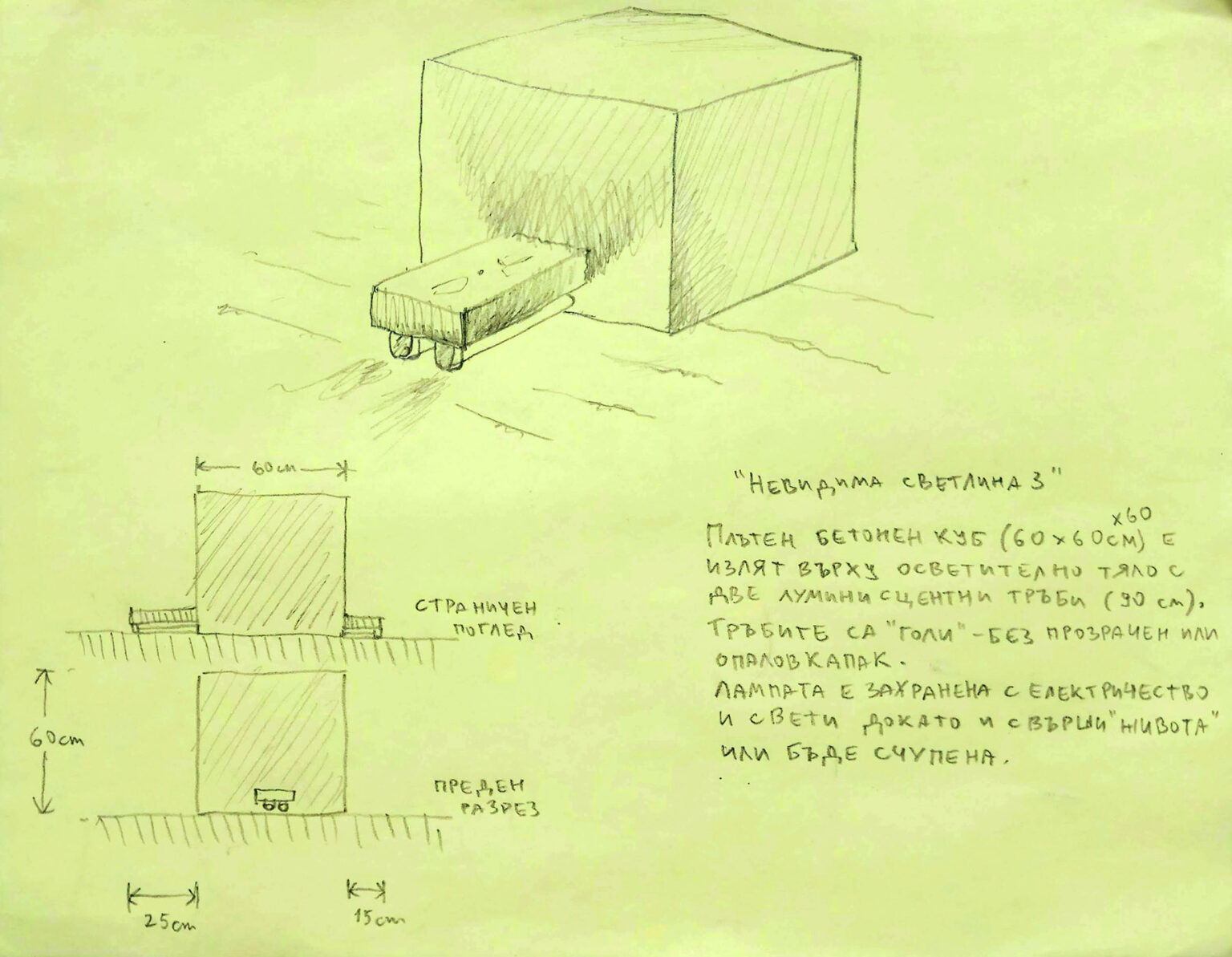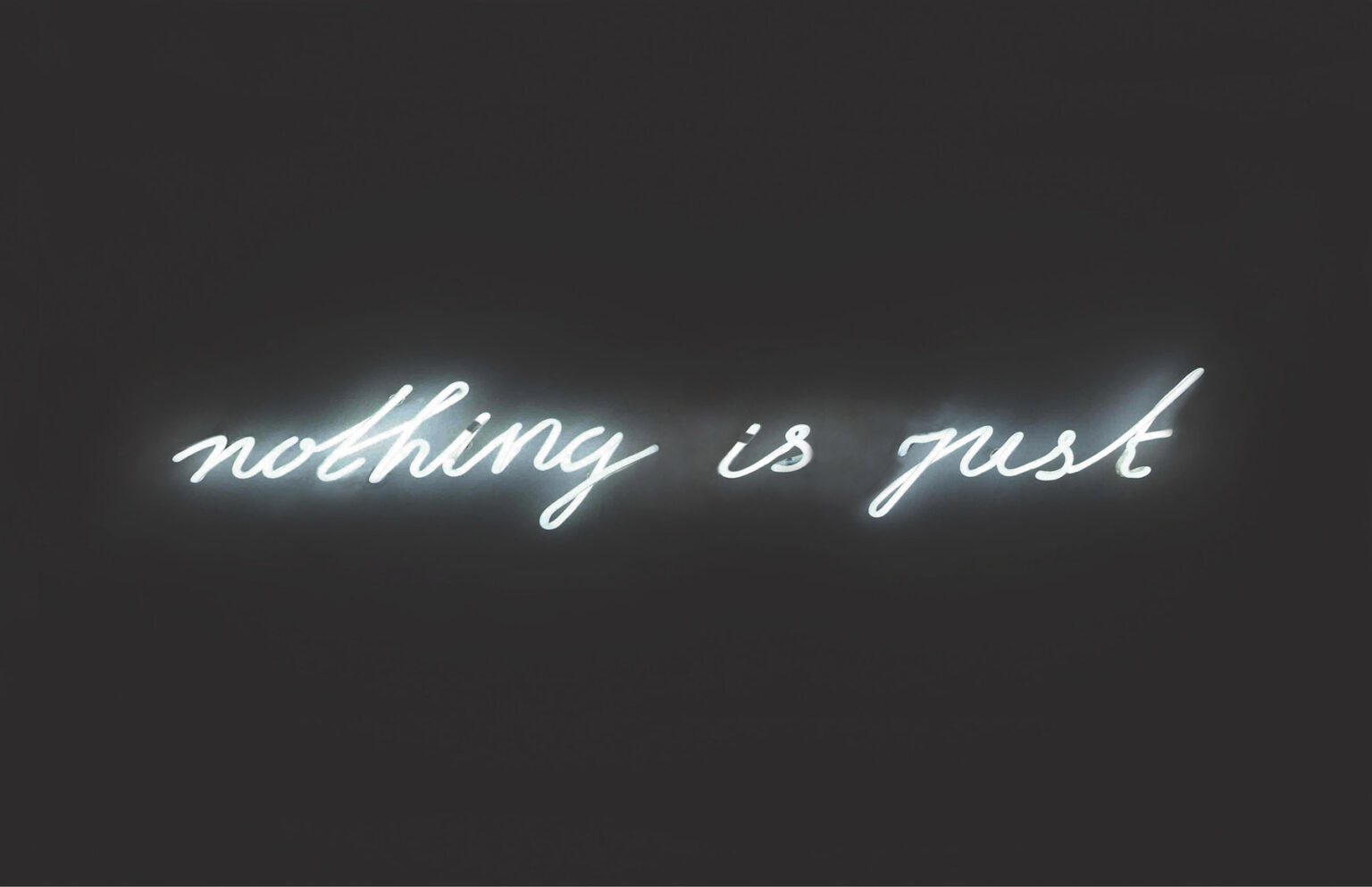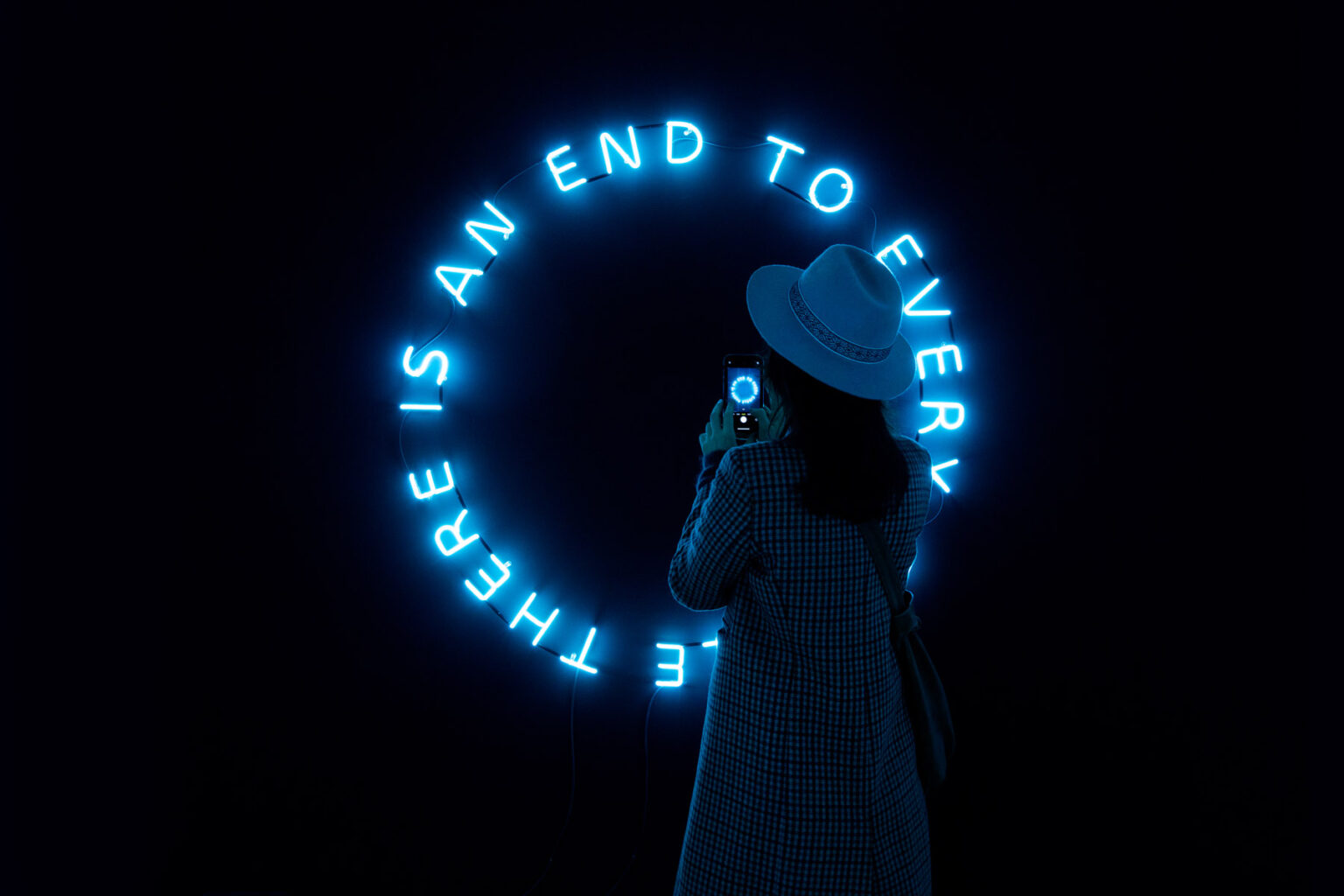Artists: Rada Boukova, Mariana Vassileva, Ventsislav Zankov, Pravdoliub Ivanov, Vikenti Komitski, Stefan Nikolaev, Kalin Serapionov, Dimitar Solakov, Kamen Stoyanov, Samuil Stoyanov, Krassimir Terziev
Title: GLASS, GAS AND ELECTRICITY
Venue: SARIEV Gallery, Plovidv, Bulgaria
Curator: Vesselina Sarieva
Photo: all images copyright and courtesy of the artists and SARIEV Contemporary, Plovidv
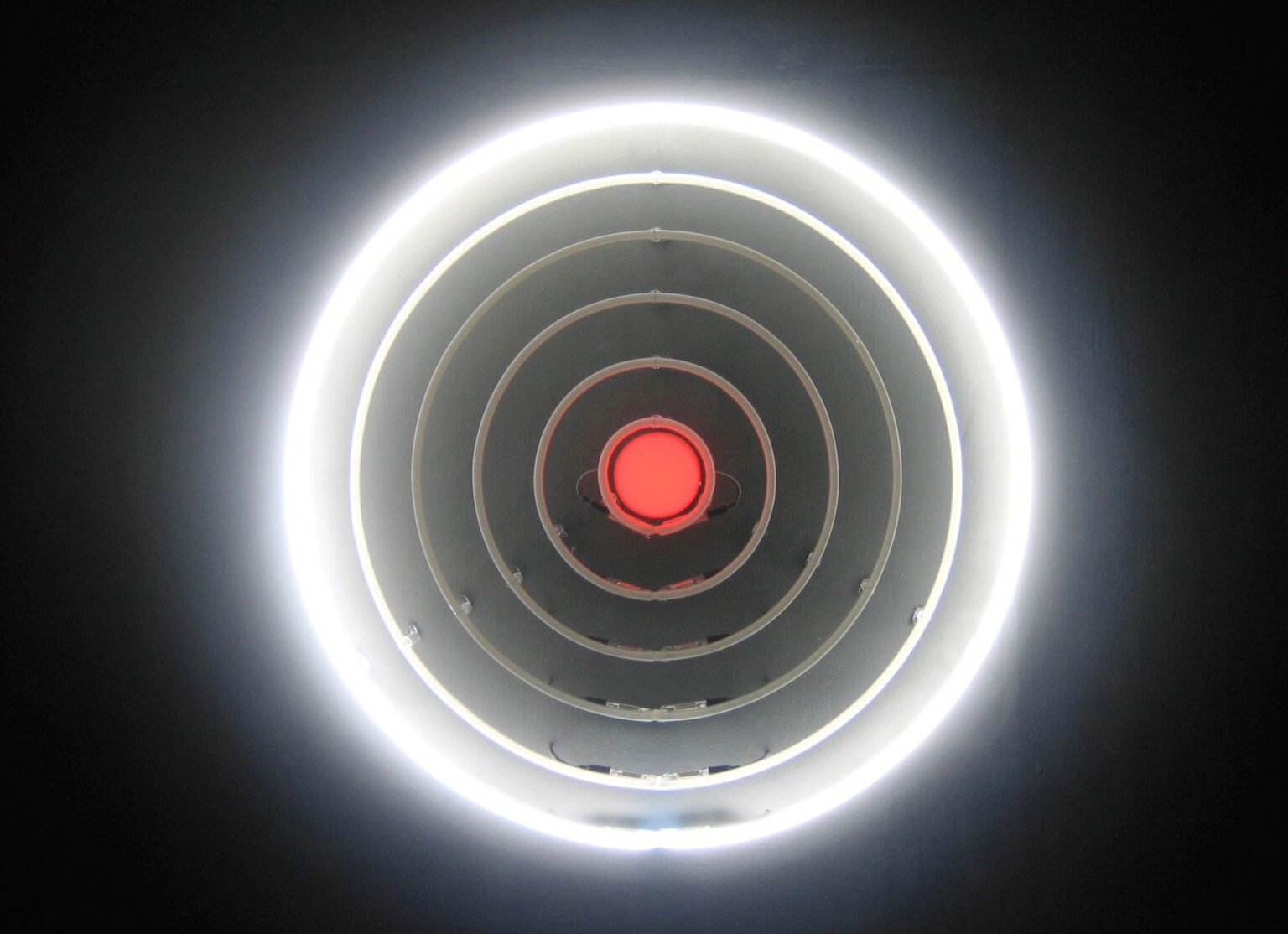
Neon (AG: νέον, „new“) is a chemical element with atomic number 10 and atomic mass 20,1797 u, denoted by the symbol Ne. Although a very common element in the universe, it is relatively rare on Earth. Under standard conditions of temperature and pressure it is a colorless and odorless energy gas. Neon emits a distinct reddish-orange glow when used in high-voltage neon discharge tubes. It is commercially extracted by the fractional distillation of liquid air at very low levels of concentration. (Wikipedia)
at night our walls emit
on the outside perhaps glow dimly
crunchy as neon and a slight grip
the air fills in the imagination
the air breathes us
we buzz
the air – sensuous roughness
V.S., May, 2020
Let us turn to matter, disregarding the gaze and focusing on the manifestation. Exactly nowadays, when all of our social functions have died down, when we stalk the body and speak to it in whispers, negotiating relationships.
Let us talk about the artistic choice. About the chosen body of the artwork without us listening to the chosen language of its making, without reading its text. Let us talk about the illumination in art. Let us not talk about the physical sensation of glass, gas and electricity. A play of fragile, delicate glass, a play with the potentiality, with the voltage of electricity – that which creates. A play visible through the presence of the neon gas – ephemeral, extracted as a substance from the air.
Sensibility, eventually detached from conceptualism and its fixations, or sensibility that only seemingly embodies the reversal of values in various modernisms.
Inhabiting the alien domain of commerce, does this art of neon not inform us it is impossible for it to exist within its bounds.
Or caught between these eye-catching functional or historically programmed gestures, delicate as the neon gas with its property of giving light, does it not simply show how it exists in between. How to exist.
There is an end to every circle, written in a circle (Vikenti Komitski); Safe, I’m Safe, I’m Safe, I’m, in alarming red (Kalin Serapionov); No Way, in distinctly underlined handwriting (Stefan Nikolaev); On the Wrong Side, inverted as a mirror image (Pravdoliub Ivanov); Future Unforgettable, in a standard straight font (Krassimir Terziev); Much Too Little / A Little Too Much, blinking at us (Pravdoliub Ivanov); Ice Caps(Dimitar Solakov); Balkanton with a Dropped O (Stefan Nikolaev); Nothing is Just, casually handwritten (Mariana Vassileva). Or the images: High Voltage Fence (Kamen Stoyanov), the red-hot electric century-old tree (Ventsi Zankov). Which of these two worlds do we inhabit, what is this dualism and this choice. Is it.
Can we grasp the property of doubt that these artworks exhibit. Doubt – wrongly perceived as confidence, an occasion for a life motif, an outwitting of reality, a joyous reversal, everyday philosophy, something else that will make an impression on our behalf. Is it not that the authors themselves put a big buzzing question mark above these artworks.
And why this fragility of the artwork in its own body, this invisible detachment from the instinctual, nowadays we can recognize a possibly much more valuable property of art – neon. A gesture that we characteristically recognize in artworks like Beam Throwing (Rada Boukova), Utopia 2 (Samuil Stoyanov), Don’t Give Up (Pravdoliub Ivanov).
Could it be that the choice of humility, although resembling a revolt, is consciously implemented within the work by its author; is it that the artist approaches this medium in a rather sensuous and tactile manner than just in a practical one. With the awareness that this is the type of art that can easily be excluded from the contact or be damaged. Yet also an art that was never produced by the artist himself but by the dexterous neon manufacturer who fulfils all the wishes, commercial and artistic ones. In the end, is this not an art that is desired by its author. Imagined. Much too often presented with a pencil on a piece of paper or with a computer mouse on any type of screen. Is the artwork not situated precisely in/with/between humility and the impulse.
GLASS, GAS AND ELECTRICITY is an exhibition that perceives the ephemeral body of the artwork, senses the neon as gas, hears the buzzing sound of this matter and organizes a space for the visitors around the question what this circle is that ends in a cycle. The exhibition invites those who will see it, partially through the windows of Sariev gallery and in its entirety in the viewing room on the gallery site, to experience doubt.
The exhibition will present artworks of neon and project drawings by authors Rada Boukova, Mariana Vassileva, Ventsislav Zankov, Pravdoliub Ivanov, Vikenti Komitski, Stefan Nikolaev, Kalin Serapionov, Dimitar Solakov, Kamen Stoyanov, Samuil Stoyanov, Krassimir Terziev.
The exhibition follows a thematic retrospective vein with a rear view of Bulgarian contemporary art, while at the same time projecting its curiosity forward by choosing to present project drawings of artworks yet to be realized.
